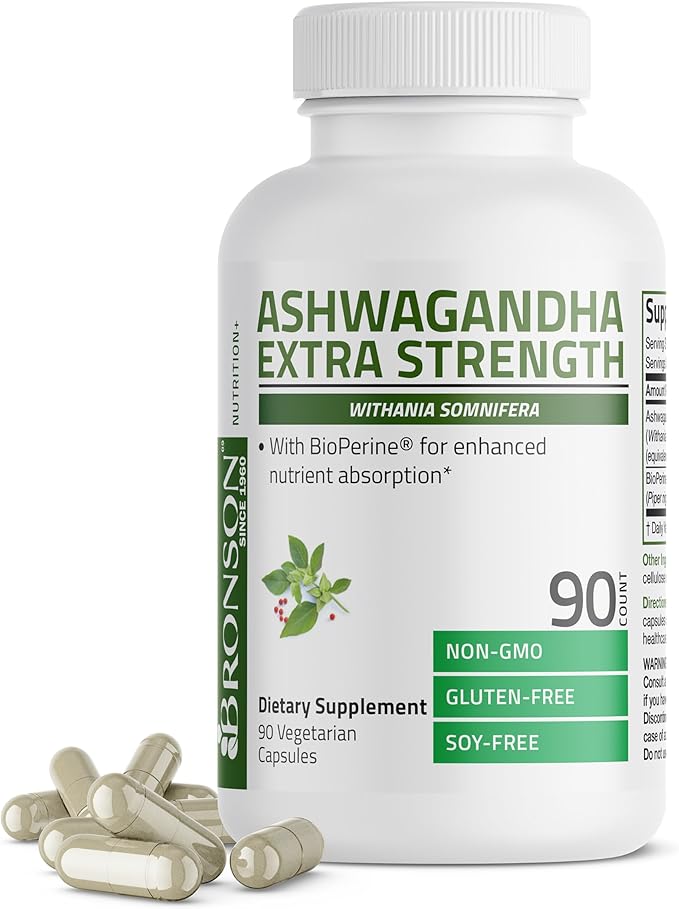Can you take Alpha Linolenic Acid and Vitamin E together?
Interaction Details
Taking Alpha Linolenic Acid and Vitamin E together has the potential for good synergy, suggesting a rating of 4 out of 5.
Alpha Linolenic Acid (ALA) is an omega-3 fatty acid that, when combined with Vitamin E, may exhibit antioxidant and anti-inflammatory effects. Vitamin E is known for its role as an antioxidant, protecting cells from damage. ALA, on the other hand, has been shown to have anti-inflammatory properties and can support heart health. The combination of these two supplements could potentially enhance their individual benefits, with Vitamin E protecting the cell membranes and ALA contributing to the reduction of inflammation. The synergistic effect may arise from their complementary mechanisms of action, where Vitamin E's antioxidant properties could help in maintaining the integrity of ALA, allowing it to be more effective in its anti-inflammatory actions. This complementary action could lead to a more effective protection against oxidative stress and inflammation.
Potential Benefits
Potential Risks
Related Studies
Alpha Linolenic Acid
Alpha-Linolenic Acid (ALA) is an omega-3 fatty acid found in plant-based foods such as flaxseeds and walnuts. It is considered an essential fatty acid because the human body cannot produce it on its own.
Some benefits of ALA include supporting heart health and reducing inflammation.
Vitamin E
Vitamin E is a fat-soluble antioxidant that plays a crucial role in protecting cells from damage and supporting overall health. It is found in various foods, including nuts, seeds, and vegetable oils, and is also available as a dietary supplement. Vitamin E has several benefits, including:
